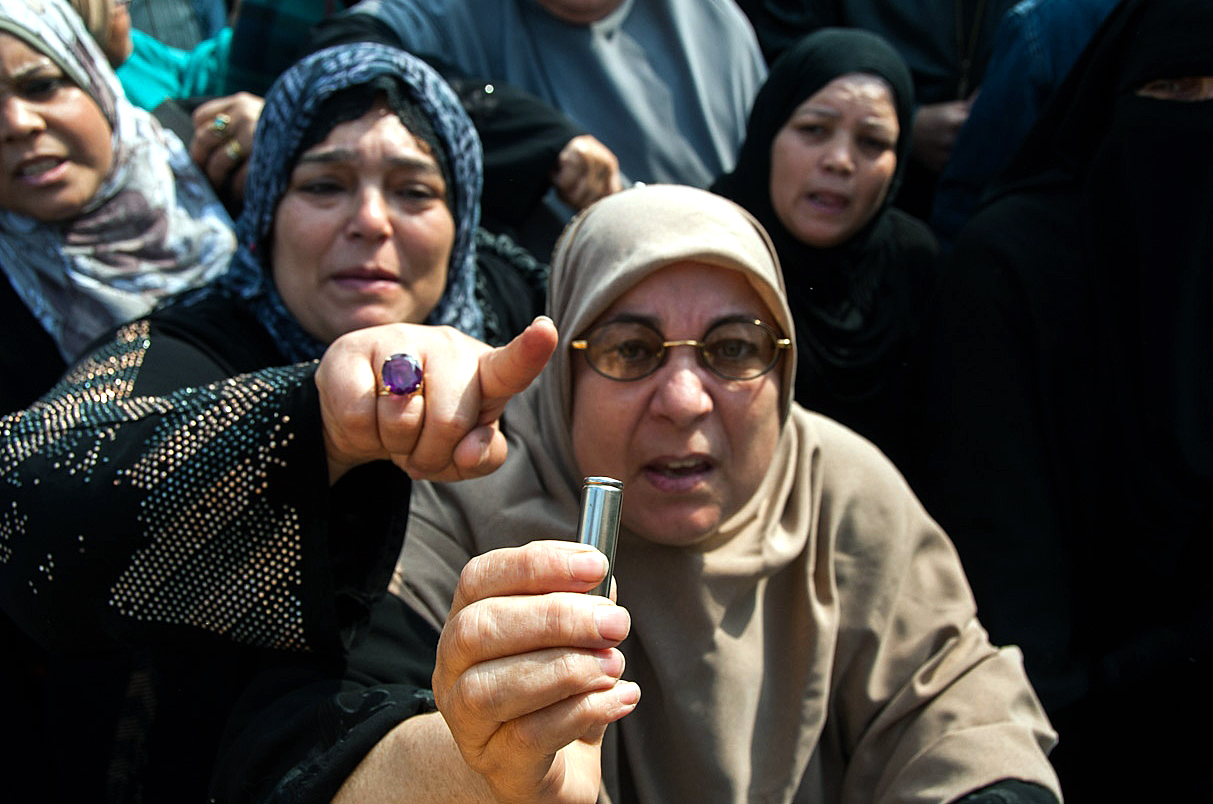By AFP
TEHRAN: Iran is to vote on Friday in parliamentary elections that leaders are keen to show as a sign of defiance to the West, which is imposing tough sanctions over Tehran’s controversial nuclear program.
Some 3,400 candidates are vying for the 290 seats in Iran’s legislature, known as the Majlis.
Iran has an electorate of 48 million, but not all will vote.
A boycott by the main reformist parties, and the exclusion of any candidate who has less than complete loyalty to the Islamic regime, mean conservatives easily dominate the polling lists.
That has reduced the choice for supporters of the opposition Green Movement and reformist groups who held widespread protests after Iran’s last nationwide poll: the 2009 presidential election that returned Mahmoud Ahmadinejad to office amid opposition cries of vote fraud.
This time, the election boils down to a struggle between conservatives who back Ahmadinejad and a hardline current that despises him. Each claims stronger fealty than the other to the supreme leader, Ayatollah Ali Khamenei
The regime, worried that a low turnout could indicate the level of public support it enjoys, has repeatedly urged voters to participate on Friday.
Khamenei said this week that a massive turnout was needed “to show our determination to the enemy, so it understands it cannot resist our nation.”
Ahmadinejad has called voting “a national duty,” while Defense Minister Ahmad Vahidi said: “Without a doubt, the higher the participation, the stronger the national security.”
They are counting on presenting official figures showing turnout higher than the 55 percent announced during the last parliamentary poll, in 2008.
“The turnout will be more glorious than in the previous elections,” confirmed Abbas Ali Kadkhodai, spokesman for the Guardian Council that vets candidates and validates poll results.
Iran’s police chief, Ismail Ahmadi Moghaddam, said the security situation was ripe for a “healthy” election.
“There are currently no security problems in the country. The police is fully prepared and a healthy and passionate election will be held,” he said Wednesday.
No outside organizations were being allowed to verify the turnout and election results.
Kadkhodai, speaking at a news conference on Thursday, said the presence of international observers would have been “an insult to the people” of Iran who have decided their own fate since the 1979 Islamic revolution.
“We will not permit interference of foreigners,” he said.
The outcome of the elections will help set the political scene for Iran’s 2013 presidential election, when Ahmadinejad, who has reached his term limit, will have to hand the reins over to a successor.
Campaigning has been muted and not addressed the main issue confronting voters, namely the deteriorating economic situation in Iran as Western sanctions bite.
Iran’s currency, the rial, has halved in value since the beginning of the year, when US and EU sanctions were unveiled.
Sales of Iran’s vital export, oil, have become increasingly problematic as banking channels dry up.
And importers are having difficulty getting their hands on dollars and other hard currency.
Even before the sanctions, Iranians were complaining of high inflation, officially put at 21 percent but unofficially seen to be running at well over 30 percent. Unemployment, officially given as 12 percent, was also a worry.

